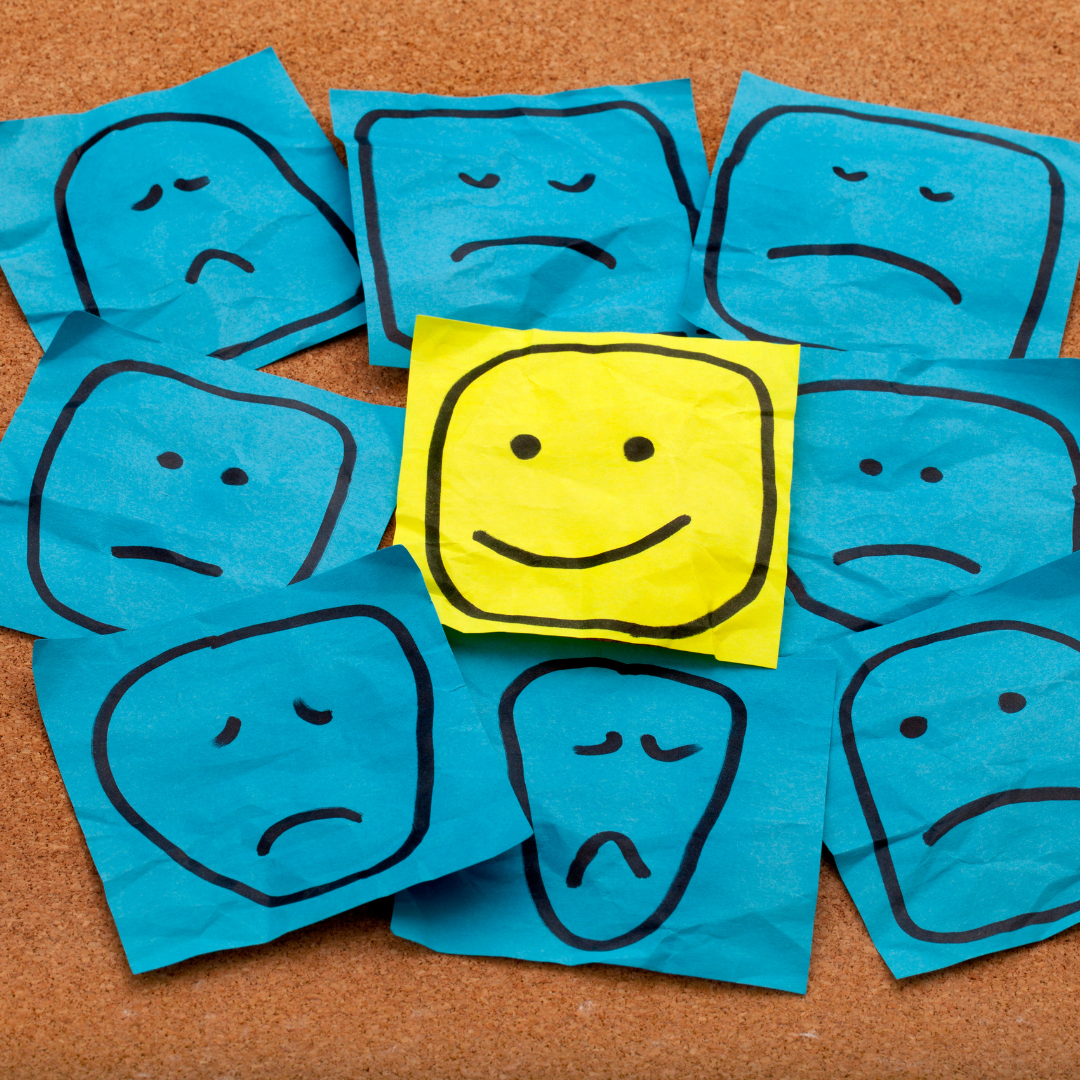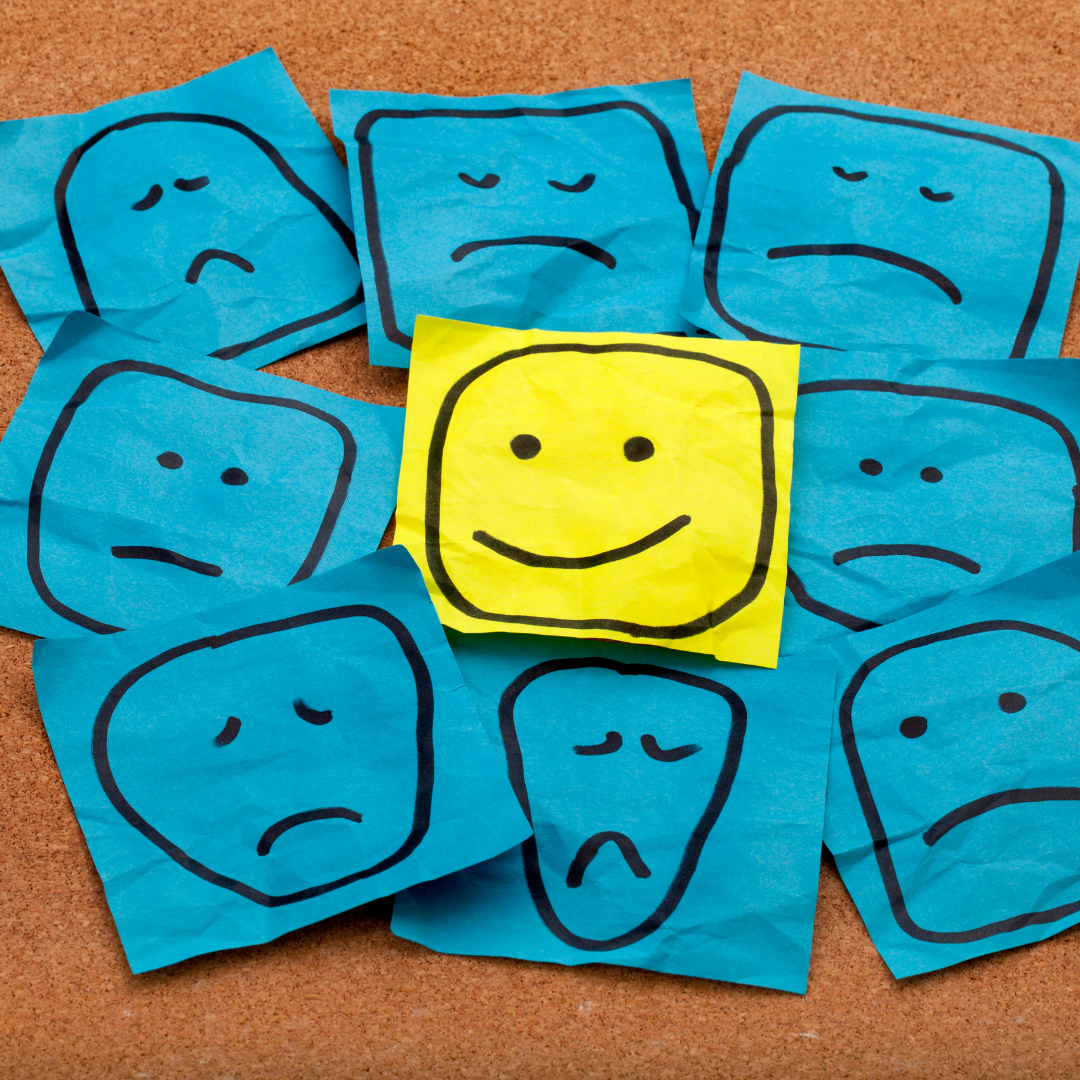Positive Intelligence
Positive Intelligence
Couldn't load pickup availability

Innovative approach to dealing with challenges and creating a happier, more fulfilling life.
In today's world, many people are feeling overwhelmed, stressed, and anxious, which can negatively impact their work, personal relationships, and overall quality of life. Positive Intelligence is an innovative approach to dealing with these challenges and creating a happier, more fulfilling life.
The Positive Intelligence workshop is designed to help individuals develop the mental and emotional tools they need to thrive in their personal and professional lives. Over the course of three weeks, participants will attend three sessions, each consisting of a workshop day and two follow-up sessions.
During the workshop day, participants will learn about the three core muscles of Positive Intelligence: the Saboteur Muscle, the Sage Muscle, and the Self-Command Muscle. The Saboteur Muscle is the voice in your head that tells you negative, self-defeating thoughts. The Sage Muscle is the voice that helps you stay positive, focused, and resilient. The Self-Command Muscle is the ability to direct your attention and choose your responses, rather than reacting on autopilot.
Throughout the workshop day, participants will engage in a series of interactive exercises and group discussions to help them identify their Saboteur and Sage voices, develop their Self-Command Muscle, and learn strategies for cultivating positive emotions and attitudes.In the two follow-up sessions, participants will have the opportunity to review and reinforce what they learned during the workshop day, share their progress and challenges, and receive additional support and guidance from the facilitator and their peers.
By the end of the three-week Positive Intelligence workshop, participants will have a better understanding of their own mental and emotional patterns, as well as the tools and strategies they need to overcome negative self-talk, build resilience, and cultivate positive attitudes and emotions.
Whether you are looking to improve your work performance, build stronger relationships, or simply feel happier and more fulfilled in your everyday life, the Positive Intelligence workshop can help you achieve your goals.
-
Understanding the Three Core Muscles
In this workshop, participants will learn about the three core muscles of Positive Intelligence: the Saboteur Muscle, the Sage Muscle, and the Self-Command Muscle. They will gain an understanding of how these muscles interact and how they can develop their Self-Command Muscle to overcome negative self-talk and build resilience.
-
Identifying Saboteur and Sage Voices
Participants will learn how to identify their Saboteur and Sage voices and understand the impact these voices have on their thoughts, feelings, and actions. They will learn strategies for quieting the Saboteur voice and amplifying the Sage voice to promote positivity and productivity.
-
Developing the Self-Command Muscle
In this workshop, participants will learn techniques for developing their Self-Command Muscle, which is the ability to direct their attention and choose their responses, rather than reacting on autopilot. They will gain an understanding of the role of the prefrontal cortex in Self-Command and learn strategies for strengthening this part of the brain.
-
Cultivating Positive Emotions and Attitudes
Participants will learn strategies for cultivating positive emotions and attitudes, including gratitude, empathy, and curiosity. They will gain an understanding of how positive emotions can lead to greater happiness, resilience, and productivity, and learn techniques for incorporating these emotions into their daily lives.
SKILLS
Presence
Presence refers to the ability to be fully engaged and attentive in the moment, without being distracted by external stimuli or internal thoughts. Developing presence can help individuals to improve their focus, reduce stress and anxiety, and improve their overall well-being.
Flexible thinking
Flexible thinking refers to the ability to approach problems from different angles, find new solutions, and adapt to new situations. This skill involves being open-minded, creative, and willing to take risks. Developing flexible thinking can help individuals to overcome challenges, develop more innovative ideas, and stay competitive in an ever-changing world.
Empathy
Empathy refers to the ability to understand and share the feelings of others. This skill involves being able to put oneself in someone else's shoes, and to see things from their perspective. Developing empathy can help individuals to build stronger relationships, communicate more effectively, and create a more inclusive and supportive workplace.
Collaboration
Collaboration refers to the ability to work effectively with others towards a common goal. This skill involves being able to communicate clearly, listen actively, and contribute to a team effort. Developing collaboration skills can help individuals to build stronger relationships, achieve better results, and create a more positive and supportive workplace culture.
Adaptability
Adaptability refers to the ability to adjust to new situations and environments. This skill involves being flexible, open-minded, and willing to change course as needed. Developing adaptability skills can help individuals to stay competitive, overcome challenges, and take advantage of new opportunities.
Emotional intelligence
Emotional intelligence refers to the ability to understand and manage one's own emotions, as well as to understand and respond to the emotions of others. This skill involves being self-aware, empathetic, and able to regulate one's own emotions in order to achieve positive outcomes. Developing emotional intelligence can help individuals to build stronger relationships, communicate more effectively, and create a more positive and supportive workplace culture.
Empathetic communication
Empathetic communication refers to the ability to communicate effectively with others, taking into account their thoughts, feelings, and perspectives. This skill involves being able to listen actively, ask thoughtful questions, and respond in a way that shows empathy and understanding. Developing empathetic communication skills can help individuals to build stronger relationships, collaborate more effectively, and create a more positive and supportive workplace culture.
Flexibility
Flexibility refers to the ability to adapt to changing circumstances, such as new technologies, new processes, or new team dynamics. This skill involves being open-minded, creative, and willing to try new approaches. Developing flexibility can help individuals to stay competitive, overcome challenges, and take advantage of new opportunities.
METHODS
The workshop will use a variety of interactive and collaborative teaching methods, including microlearning, gamification, and collaborative learning. Energizers will be used to maintain engagement and energy levels throughout the workshop, while debate and presentation activities will encourage critical thinking and communication skills. The workshop will conclude with a debrief session to reflect on learning and plan for its application in personal and professional life.

Lead Tutor - Ms. Alina Ghetu
Ms. Alina Ghetu is an experienced tutor with 7 years of experience in the education field. She is deeply passionate about incorporating new and innovative training methods into her workshops, with a particular focus on gamification, adaptive, and collaborative learning.Alina has worked with companies in various industries, including CEC Bank, Mercedes Benz, and Hach Lange, designing and delivering transformation programs. Her dynamic and engaging teaching style fosters an active learning environment that encourages collaboration and participation.Alina remains up-to-date with the latest trends and developments in the industry and is committed to motivating and inspiring participants to reach their full potential.

